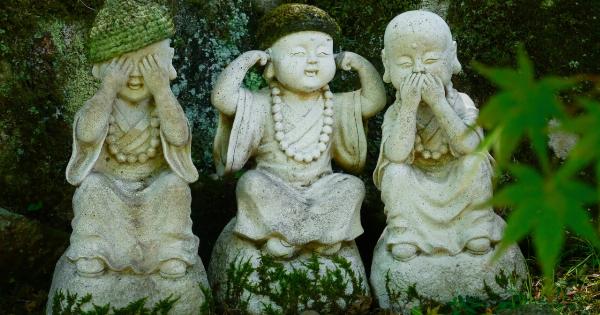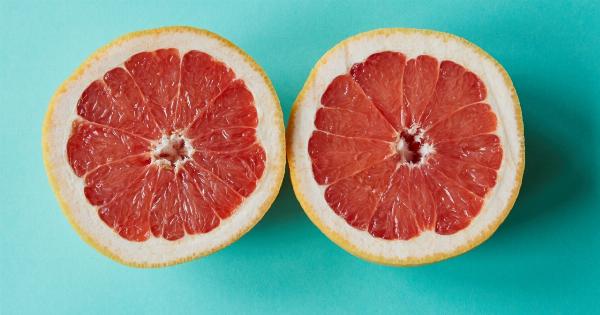Kidney stones are a common problem that affect millions of people every year. These small, hard deposits of minerals and salts can form in your kidneys and cause severe pain and discomfort.
If you think you may be suffering from kidney stones, it’s important to know the signs and symptoms so that you can get the proper treatment.
What are Kidney Stones?
Kidney stones are solid deposits of minerals and salts that can form in your kidneys. These stones can vary in size and shape, and they can be made up of different substances such as calcium, uric acid, and oxalate.
Kidney stones can range in size from a grain of sand to a golf ball. When they are small, they can often pass out of your body without causing any symptoms. However, larger stones can become stuck in your urinary tract, causing severe pain and other complications.
What Causes Kidney Stones?
Kidney stones can form for several reasons. One of the most common causes is a lack of fluids in your body. If you do not drink enough water or other fluids, your urine becomes concentrated with minerals and salts that can form stones.
Other factors that can contribute to the formation of kidney stones include:.
- A diet high in salt, sugar, and animal protein
- A family history of kidney stones
- A medical condition that affects the urinary system, such as gout or urinary tract infections
What are the Symptoms of Kidney Stones?
The symptoms of kidney stones can vary depending on the size and location of the stone. Some people may not experience any symptoms at all. However, if a stone becomes stuck in your urinary tract, you may experience:.
- Sudden, severe pain in your back, side, or groin
- Pain when urinating
- Blood in your urine
- Nausea and vomiting
- Fever and chills (if you have an infection)
How are Kidney Stones Diagnosed?
If you are experiencing symptoms of kidney stones, your doctor may perform several tests to diagnose the condition. These tests may include:.
- Urinalysis – to check for blood or other signs of infection
- Imaging tests – such as a CT scan or ultrasound, to locate the stone and determine its size and shape
- Blood tests – to check for high levels of minerals and other substances that can cause kidney stones
How are Kidney Stones Treated?
Treatment for kidney stones can vary depending on the size and location of the stone, as well as the severity of your symptoms. In most cases, small stones will pass out of your body on their own without treatment.
However, if you are experiencing severe pain or other complications, your doctor may recommend one of the following treatment options:.
- Pain medication – to help manage your symptoms
- Medical therapy – such as alpha-blockers, to help relax the muscles in your urinary tract and facilitate the passage of the stone
- Ureteroscopy – a minimally invasive procedure that uses a small scope to remove small stones stuck in your urinary tract
- Shock wave lithotripsy – a non-invasive procedure that uses sound waves to break up larger stones into smaller pieces that can pass out of your body more easily
- Percutaneous nephrolithotomy – a surgical procedure that involves making a small incision in your back to remove large or stubborn stones
How Can Kidney Stones be Prevented?
Preventing kidney stones from forming is often a matter of making lifestyle changes and adopting healthy habits. Here are some tips to help prevent kidney stones:.
- Drink plenty of water and other fluids to keep your body hydrated
- Eat a balanced diet that is low in salt, sugar, and animal protein
- Avoid drinking too much alcohol and caffeine
- Avoid foods that are high in oxalate, such as spinach, rhubarb, and nuts
- Talk to your doctor about medications that can help prevent the formation of kidney stones
If you think you may be suffering from kidney stones, it’s important to seek medical attention right away. With the proper diagnosis and treatment, you can manage your symptoms and prevent complications from arising.
By adopting healthy habits and making lifestyle changes, you can also take steps to prevent kidney stones from forming in the first place.






























